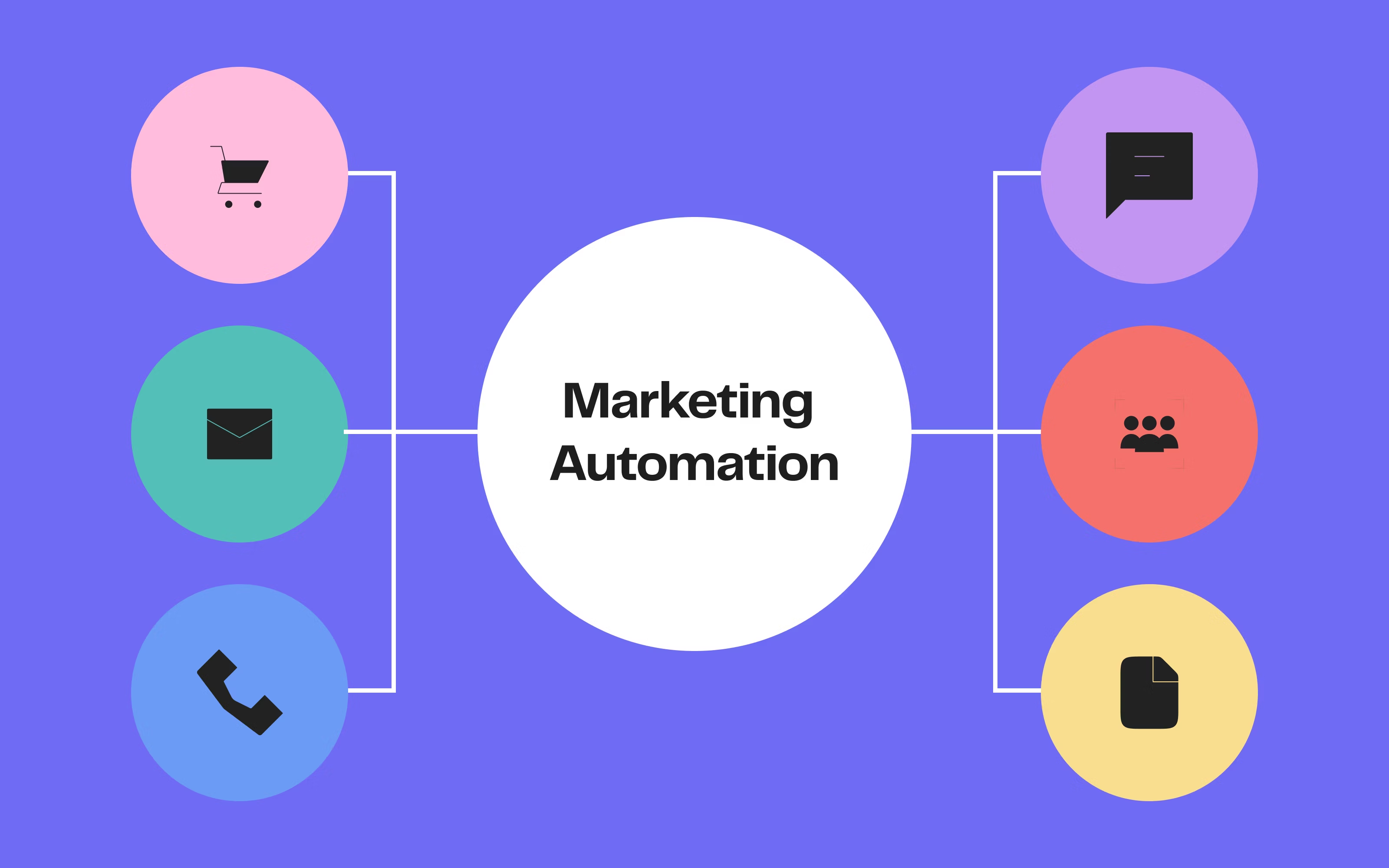
Understanding Marketing Automation
In today's digital age, businesses are inundated with data and customer expectations are higher than ever. Marketing automation refers to the use of software to automate repetitive marketing tasks such as email marketing, social media posting, and ad campaigns. By streamlining these processes, businesses can focus on strategic initiatives, ultimately enhancing productivity and effectiveness.
Benefits of Marketing Automation
Implementing marketing automation offers numerous advantages that can significantly impact a business's bottom line. Below are some of the key benefits:
- Increased Efficiency: Automation tools allow teams to save time by automating repetitive tasks. This means that marketers can focus on creative strategies rather than mundane processes.
- Improved Lead Management: With marketing automation, businesses can track user behavior, segment leads, and nurture them through personalized campaigns, resulting in higher conversion rates.
- Enhanced Customer Experience: Automated systems can deliver targeted messages to customers at the right time, leading to a better customer experience and increased loyalty.
- Data-Driven Insights: Marketing automation tools provide analytics that helps businesses understand customer behavior and campaign performance, allowing for more informed decision-making.
How Marketing Automation Works
At its core, marketing automation works by integrating various marketing channels and processes into a single platform. This integration allows businesses to automate workflows and gain valuable insights. Here's a simplified overview of how it typically works:
- Data Collection: The process begins with collecting data from various sources such as websites, social media platforms, and CRM systems.
- Lead Scoring: By analyzing user interactions and behaviors, businesses can assign scores to leads, identifying which ones are most likely to convert.
- Segmentation: Leads can be segmented into different categories based on their behavior, demographics, or interests, enabling more targeted marketing efforts.
- Automated Campaigns: Once leads are segmented, businesses can create automated campaigns that deliver personalized messages to each segment, enhancing engagement.
Key Features of Marketing Automation Tools
When selecting a marketing automation platform, it's important to consider the features that will be most beneficial for your business. Here are some essential features to look for:
- Email Marketing: A robust email marketing feature allows businesses to create, send, and track email campaigns easily.
- Social Media Management: Many automation tools allow users to schedule posts, monitor engagement, and analyze social media performance.
- CRM Integration: Seamless integration with Customer Relationship Management systems ensures that all customer data is centralized and easily accessible.
- Analytics and Reporting: Advanced analytics capabilities help businesses measure the success of their campaigns and make data-driven decisions.
Real-World Impact of Marketing Automation
To illustrate the impact of marketing automation, consider the following statistics:
- Businesses that use marketing automation see a 451% increase in qualified leads.
- Companies that automate their marketing report a 27% increase in conversion rates.
- On average, organizations that use marketing automation achieve a 14.5% increase in sales productivity.
These figures highlight how businesses can leverage marketing automation to drive growth and enhance their marketing efforts.
Challenges of Marketing Automation
While marketing automation offers numerous benefits, it’s not without its challenges. Some businesses may struggle with:
- Implementation Costs: Initial setup and ongoing maintenance can be costly, especially for small businesses.
- Complexity: The technology can be complex, requiring training and adaptation for effective use.
- Data Quality: The success of automation relies heavily on the quality of data collected. Poor data can lead to ineffective campaigns.
Conclusion: The Future of Marketing Automation
As businesses continue to adapt to an increasingly digital landscape, marketing automation will undoubtedly play a crucial role in their success. By streamlining processes, enhancing efficiency, and providing valuable insights, it enables businesses to focus on what matters most—building relationships with customers and driving revenue. The future of marketing automation is bright, and those who embrace it will likely thrive in the competitive business environment.
Investing in marketing automation is no longer just an option; it’s a necessity for modern businesses looking to stay ahead of the curve.
